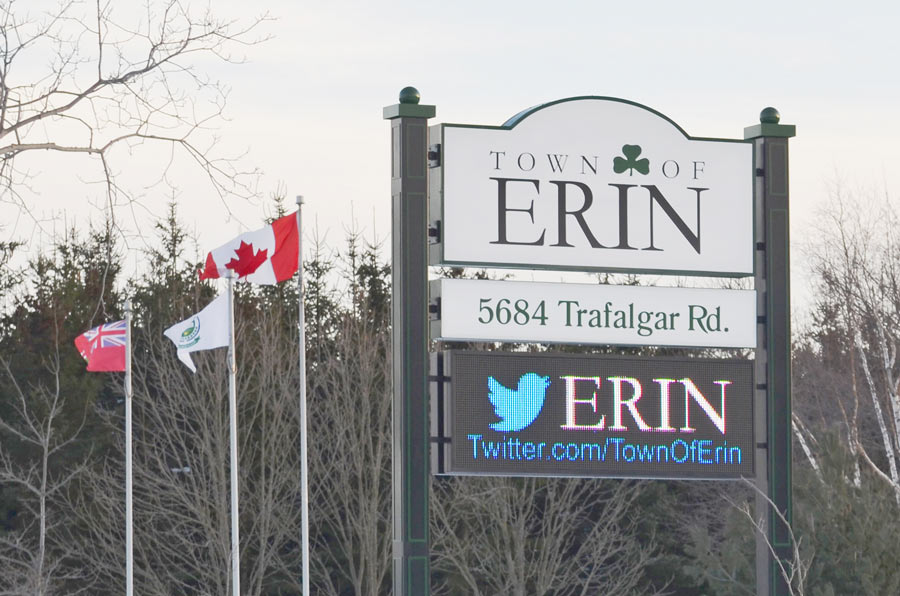ERIN – The Town of Erin is embarking on a new style of budget preparation that could see some services discontinued if they are rated as low priority by residents and council members.
Priorities will be matched with available funds in a process that includes an online budget survey (available until Oct. 16 at surveymonkey.com/r/Erin2020Budget) and a series of five public meetings, from Nov. 19 until the final 2020 budget is complete on Dec. 17.
“This year and for the first time in Ontario, the priority-based budgeting (PBB) approach is being proposed,” said finance director Ursula D’Angelo.
“It is an innovative method that is being used by over 200 municipalities in the U.S. and western parts of Canada with much success.
“We propose that the process for this year is for council and the community to rank strategic initiatives and capital projects during the early stages of the budget process.
“The result will be a priority-driven budget that will allocate resources to achieve the goals and objectives that are of greatest value to the community – or potentially eliminate lower value services within the base budget.
“Staff is going to question historical spending and come up with new approaches.”
Councillor Mike Robins said, “Priority-based budgeting makes a lot of sense, but it may require more resources than we have in the bucket to accomplish the priorities.
“It’s conceivable, particularly with the asset infrastructure deficit that we are facing, we’re going to have to increase the amount of resources we’re going to have to commit to ensure safe delivery of services in the future.”
Council approved the PBB concept and the schedule for public engagement.
At a meeting on Oct. 1, council will prioritize initiatives outlined in the recently-approved strategic plan, parks, recreation and culture master plan and economic development strategy.
On Nov. 5, council will rank capital projects based on the asset management plan and other studies.
External factors that could also have an impact on the budget include reductions in provincial grants, variations in gas tax revenue depending on the results of the Oct. 21 federal election, trade tariffs and inflation.
The public can make comments at the presentation of the first draft of the budget on Nov. 19 at 7:30pm; at the discussion of the roads, water and parks and recreation budgets on Nov. 20 at 7:30pm; and the discussion of the administration, fire, building, planning and enforcement budgets on Nov. 21 at 7:30pm.
“During these three days, we are going to be asking council to provide staff with direction – what are we going to delay and going to move forward – and compile the information so we can have the second draft,” said D’Angelo.
The second draft will be presented Dec. 3.
D’Angelo said only 216 people responded to last year’s budget survey, and she is hoping for greater participation this year.
The survey was developed based on priorities already highlighted by residents in previous surveys. It is anonymous, and is estimated to take 12 minutes to complete.
It includes information on which services are provided by the Town of Erin and which are provided by Wellington County.
It includes questions such as: Are you satisfied with the current level of snow removal services? It provides space where respondents can give suggestions for improvement.
(A consultant recently told council that Erin currently provides a higher level of snow service than is required.)
It also asks about hard-surfacing gravel roads and user-pay drop-in recreational activities.
For upgrades to the two community centres, and a series of other questions on growth, recreation and investment options, respondents can rank several possible projects by priority.
There is also an exercise in which residents split $100 among various town functions to indicate priority.




